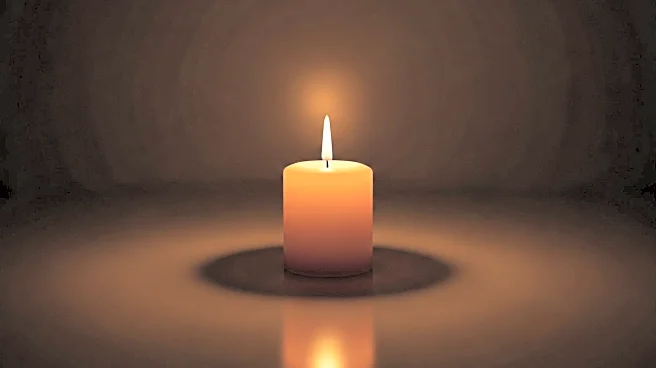What's Happening?
Rabbi Rick Jacobs, president of the Union for Reform Judaism, has spoken out on the anniversary of the October 7 conflict, reflecting on the ongoing devastation in Gaza. He emphasized the readiness of both his community and the innocent people of Gaza for the war to end. Rabbi Jacobs highlighted the importance of hope and resilience in the face of prolonged conflict, urging communities to 'lean into hope' despite the challenges. His comments come as the region continues to grapple with the aftermath of violence and the humanitarian crisis affecting countless lives.
Why It's Important?
The Rabbi's reflections underscore the broader humanitarian impact of the conflict in Gaza, which has led to significant loss and suffering. His call for hope and peace resonates with many who are affected by the ongoing violence, highlighting the urgent need for resolution and reconciliation. The situation in Gaza has implications for international relations and humanitarian efforts, as global leaders and organizations seek ways to address the crisis. Rabbi Jacobs' message serves as a reminder of the human cost of conflict and the importance of striving for peace.
What's Next?
As the conflict continues, stakeholders including international leaders, humanitarian organizations, and local communities are expected to intensify efforts towards peace negotiations and aid distribution. The Rabbi's call for hope may inspire further dialogue and initiatives aimed at ending the violence and supporting affected populations. Observers will be watching for any developments in peace talks and humanitarian aid efforts that could alleviate the suffering in Gaza.
Beyond the Headlines
The Rabbi's message also touches on the ethical and cultural dimensions of conflict resolution, emphasizing the role of hope and community resilience. His reflections may encourage broader discussions on the moral responsibilities of global leaders and communities in addressing humanitarian crises. The long-term impact of such messages could influence cultural attitudes towards peace and reconciliation.









